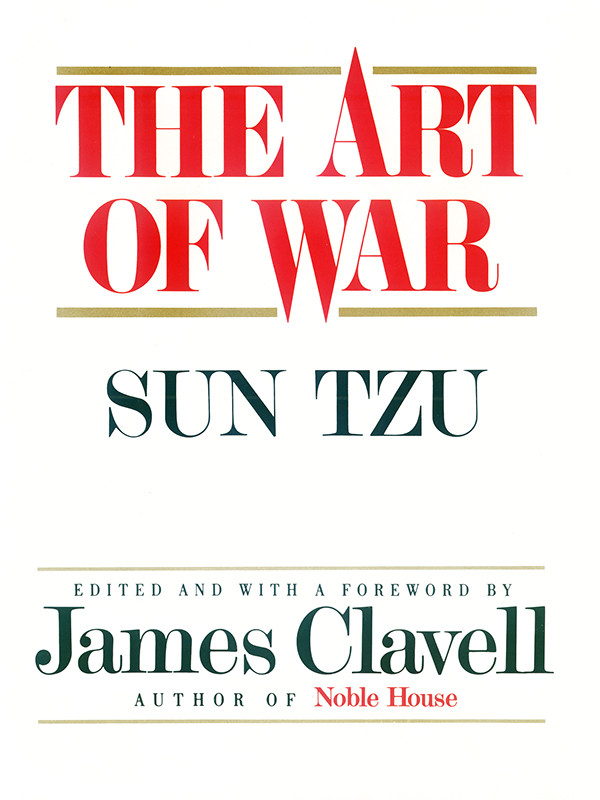

Most ebook files are in PDF format, so you can easily read them using various software such as Foxit Reader or directly on the Google Chrome browser.
Some ebook files are released by publishers in other formats such as .awz, .mobi, .epub, .fb2, etc. You may need to install specific software to read these formats on mobile/PC, such as Calibre.
Please read the tutorial at this link: https://ebookbell.com/faq
We offer FREE conversion to the popular formats you request; however, this may take some time. Therefore, right after payment, please email us, and we will try to provide the service as quickly as possible.
For some exceptional file formats or broken links (if any), please refrain from opening any disputes. Instead, email us first, and we will try to assist within a maximum of 6 hours.
EbookBell Team

4.1
60 reviewsThis collectible paperback edition of "The Art of War" presents Sun Tzu's timeless instructions regarding military strategy and managing conflict in two forms. The first part contains "The Art of War" in English, without notes or commentary. This allows the reader to understand the teachings of Sun Tzu, without the distraction of footnotes or excessive comments. As translated by Lionel Giles, the text is succinct and very easy to read. The second part contains the complete translation by Lionel Giles, along with his definitive critical commentary. Written during the Victorian era, his "Introduction" gives the reader a chance to share the wonder of discovery which Western scholars experienced when approaching Sun Tzu for the first time. Although written in the 6th century BCE, the teachings of Sun Tzu are still found today in the martial arts, legal doctrine, military schools, management seminars and pervasively throughout popular culture. This full size collectible edition is suitable for students and scholars, while still being easily accessible to the casual reader. Excerpt from "The Art of War by Sun Tzu - Classic Edition." Reprinted by permission. All rights reserved. 1. Sun Tzu said: Whoever is first in the field and awaits the coming of the enemy, will be fresh for the fight; whoever is second in the field and has to hasten to battle will arrive exhausted. 2. Therefore the clever combatant imposes his will on the enemy, but does not allow the enemy's will to be imposed on him. 3. By holding out advantages to him, he can cause the enemy to approach of his own accord; or, by inflicting damage, he can make it impossible for the enemy to draw near. 4. If the enemy is taking his ease, he can harass him; if well supplied with food, he can starve him out; if quietly encamped, he can force him to move. 5. Appear at points which the enemy must hasten to defend; march swiftly to places where you are not expected. 6. An army may march great distances without distress, if it marches through country where the enemy is not. 7. You can be sure of succeeding in your attacks if you only attack places which are undefended. You can ensure the safety of your defense if you only hold positions that cannot be attacked. 8. Hence that general is skillful in attack whose opponent does not know what to defend; and he is skillful in defense whose opponent does not know what to attack.